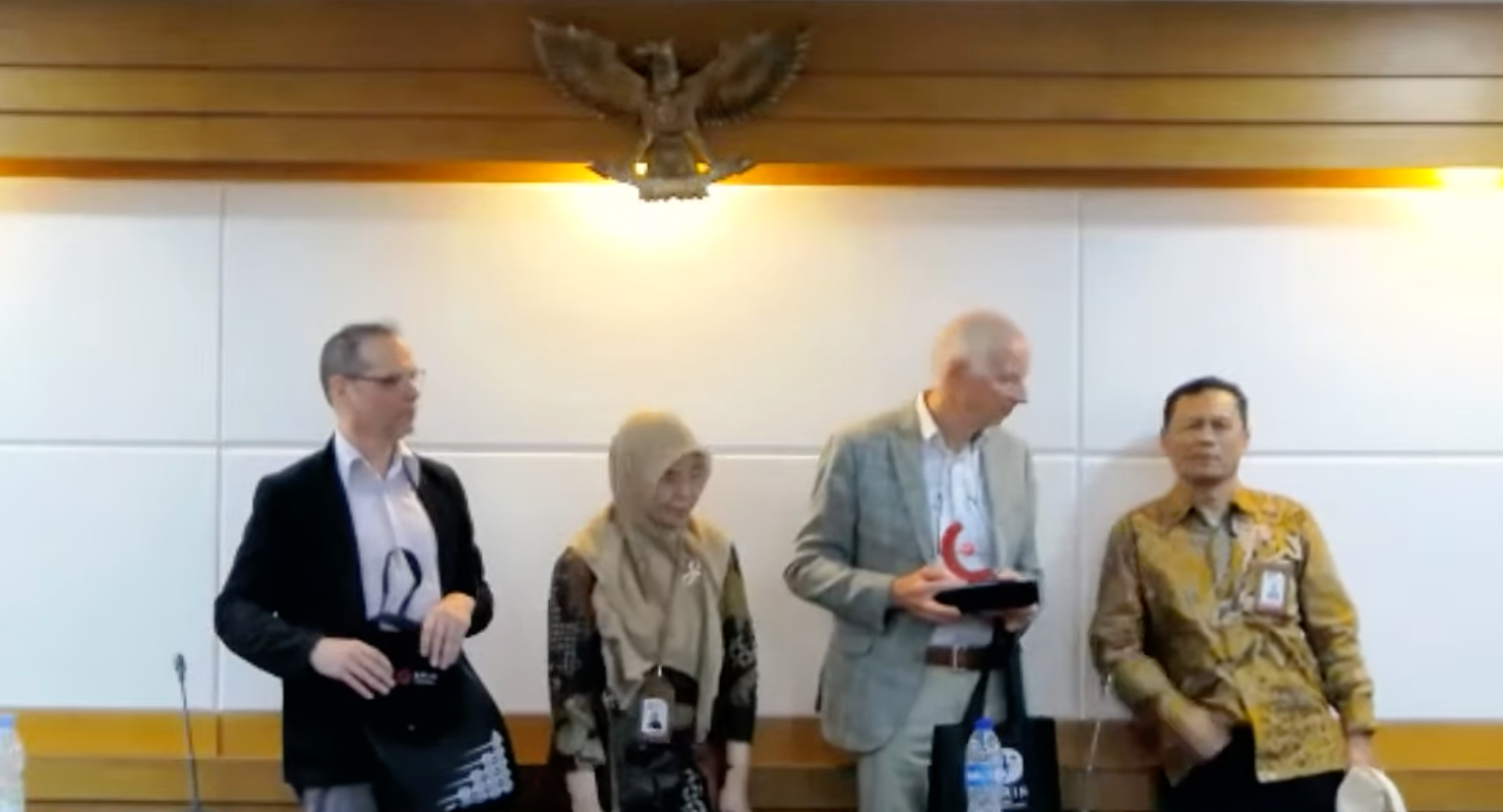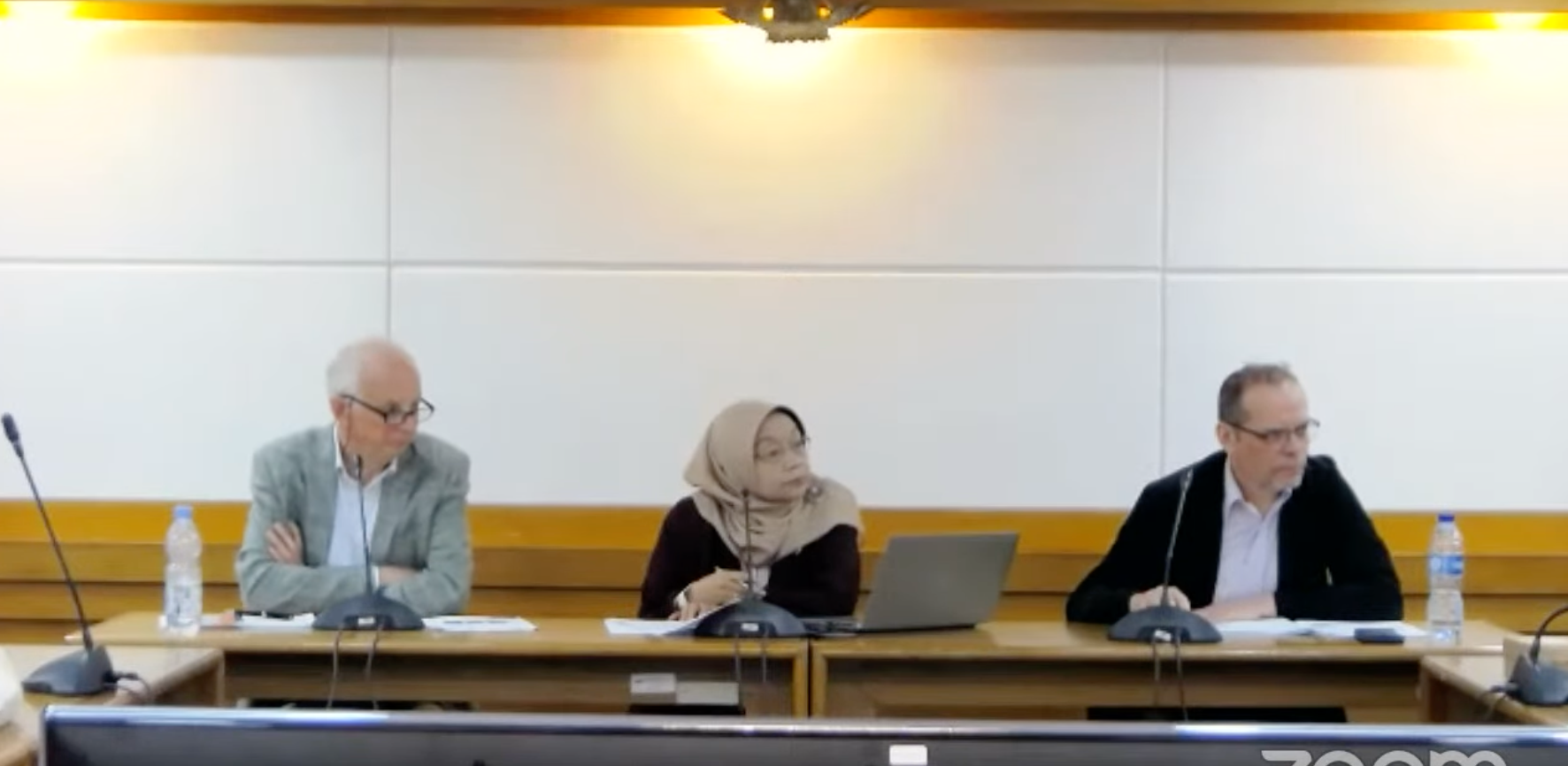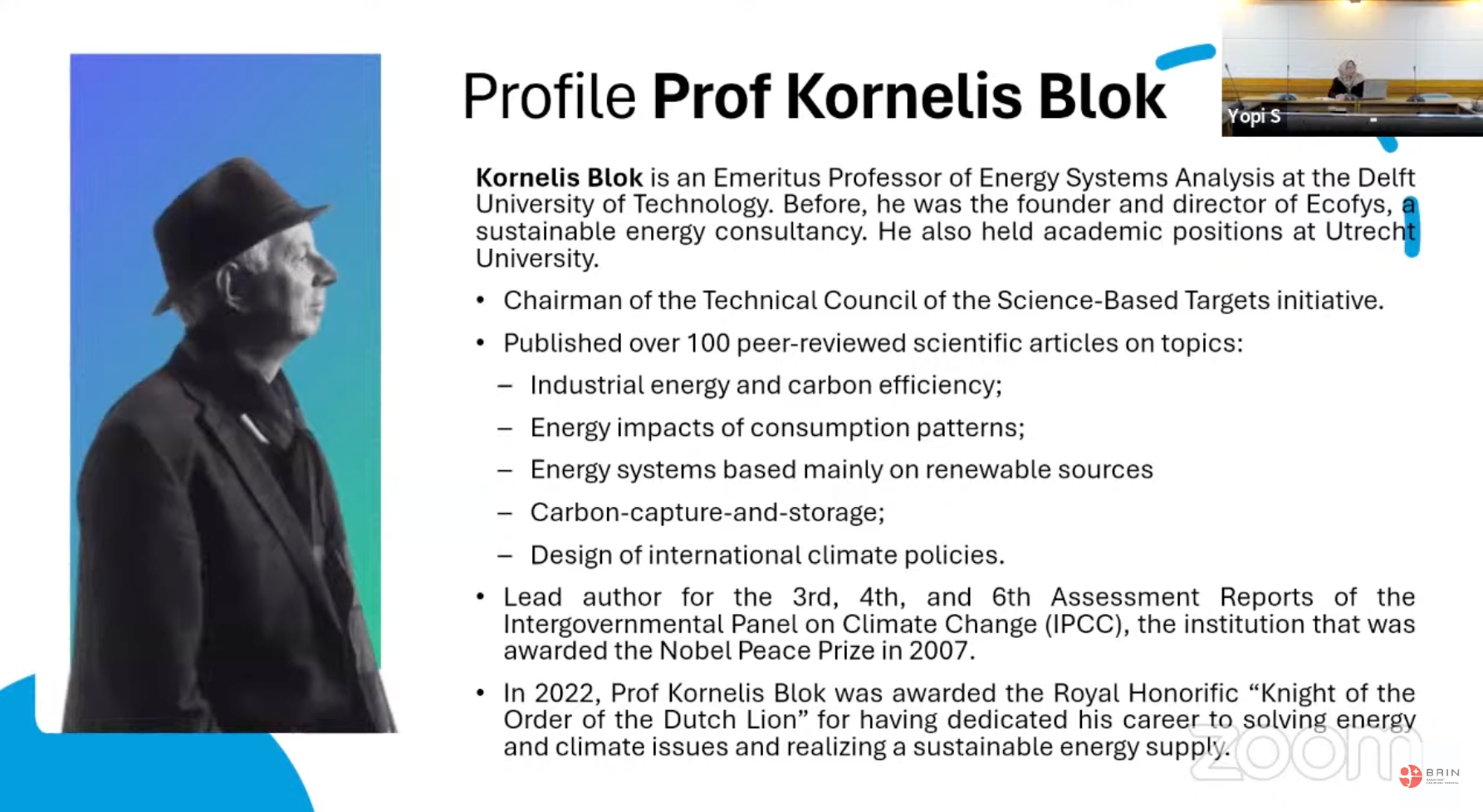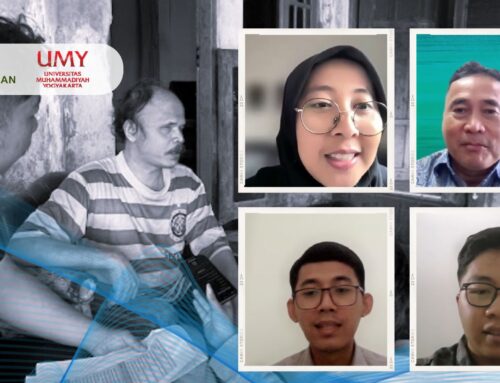FKP hosted by Badan Riset dan Inovasi Nasional (BRIN) with Kornelis Blok (Professor of Energy Systems Analysis, Delft University of Technology), Jaco Quist (Assistant Professor Sustainable Innovation and Transitions at Delft University of Technology), Amarulla Octavian (Professor and Deputy Chairman, BRIN) and Agus Eko Nugroho (Chairman for research on governance, economy and community welfare, BRIN). Tuesday, 23 April 2024.
KEY POINTS:
- Professor Kornelis Blok from TU Delft demonstrates that Indonesia can achieve full decarbonization of its power system by 2050, or earlier, by utilizing abundant renewable resources such as photovoltaic panels, energy storage, and subsea links. Immediate action to reduce coal overcapacity and develop a diverse mix of renewables including solar PV, wind, biomass, hydropower, and geothermal is essential.
- To transition to a fully decarbonized power system, key measures include developing a coal phase-out plan, scaling up the domestic solar PV industry, and conducting further research and planning for subsea cables. Feasibility studies for hydropower and geothermal projects are crucial, along with efficient storage and transmission systems to ensure a sustainable and cost-effective energy future for Indonesia.
SUMMARY
- In 2007, the Norwegian Nobel Committee awarded the Nobel Peace Prize for 2007 to the International Panel on Climate Change (IPCC) for its “…contributions to a sharper focus on the processes and decisions that appear to be necessary to protect the world’s future climate, and thereby to reduce the threat to the security of mankind. Action is necessary now, before climate change moves beyond man’s control.” Kornelis Blok, Professor of Energy Systems Analysis, Delft University of Technology was part of that award as lead author of IPCC 3rd, 4th and 6th Assessment Reports. In this FKP seminar hosted by BRIN, Professor Blok presented his research that highlighted the rich renewable resources in Indonesia such as solar PV, wind, hydropower, bioenergy, geothermal, and ocean energy. By leveraging these resources and implementing the recommended measures, Indonesia can transition to a fully decarbonized power system and secure a sustainable energy future.
- Indonesia can fully decarbonize its power system using its abundant renewable resources, according to Professor Kornelis Blok. His study demonstrates that a 100% Renewable Energy Technology (RET) system, featuring photovoltaic (PV) panels, energy storage, subsea links, and reliable baseloads, is feasible. Immediate action to reduce coal overcapacity is essential, and despite the high subsea cable costs, supplying Java via Kalimantan and Sumatra is cost-effective. Full decarbonization by 2050, or earlier, is achievable with prompt measures.
- Professor Blok’s analysis was done using the Calliope model that considers different timelines, demand growth, cost projections, low solar PV generation, and demand patterns. Indonesia’s renewable energy potential is vast, estimated at 20,000 TWh per year—6.5 to 21 times the expected 2050 demand. This potential includes resources like Ocean Thermal Energy Conversion (OTEC) and offshore wind. Despite limited land on Java, GIS mapping identifies suitable sites for renewable projects while excluding unsuitable areas.
- Key recommendations by Professor Blok include developing a coal phase-out plan, scaling up the domestic solar PV industry, and conducting further research and planning for subsea cables. Despite the high projected costs for 2050, island links remain cost-effective. Alternative scenarios presented in the study emphasize the importance of solar PV and battery storage, alongside biomass, large hydro, and geothermal. A diverse energy mix, including hydro for rainy years and PV for sunny years, are beneficial.







